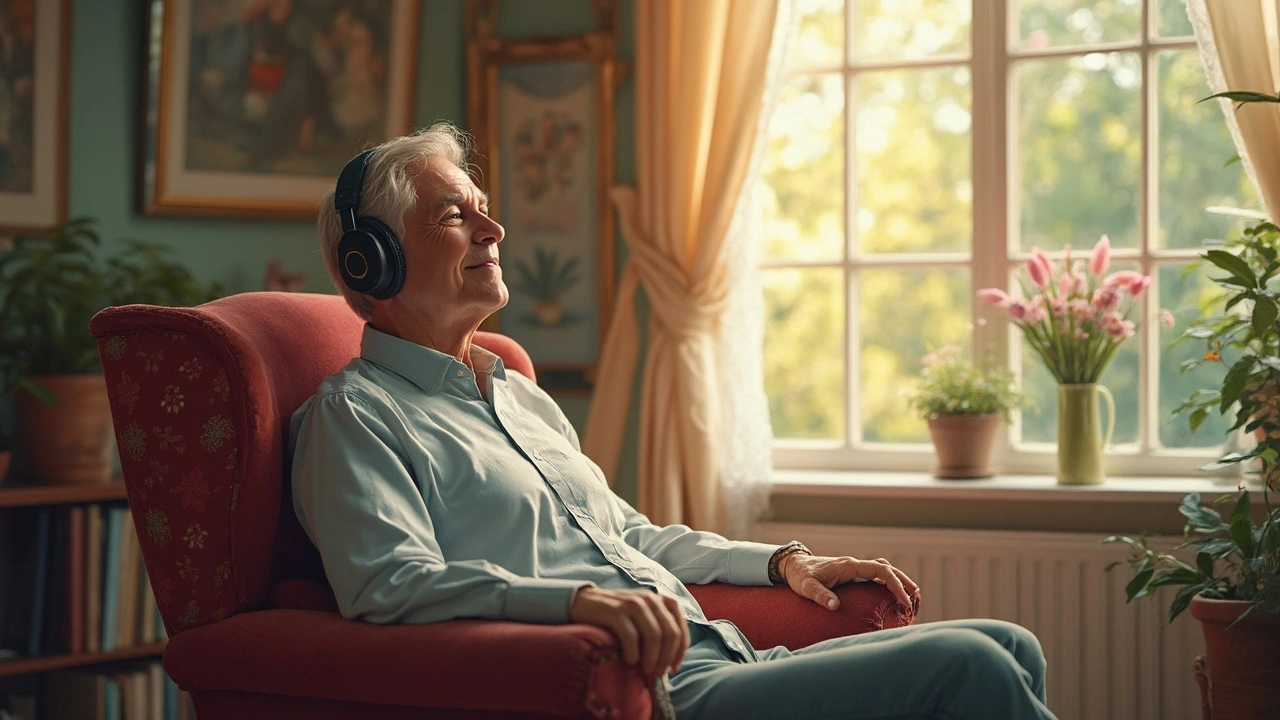Tinnitus, the persistent ringing in the ears, affects millions globally, making everyday life challenging. Many are turning to music therapy as a means of relief. This approach uses sound to soothe the mind, potentially reducing the stress associated with tinnitus. While not a cure, music therapy can be a valuable tool for managing symptoms and improving quality of life.
Ear Care Tips & Best Practices – Keep Your Ears Healthy
Everyone wants to hear clearly, but most people don’t think about ear health until something hurts. Good ear care is easy when you know the basics. Below are practical steps you can start using today to keep your ears clean, safe, and ready for any sound.
How to Clean Your Ears Safely
First rule: don’t shove cotton swabs deep into the ear canal. The swab can push wax farther in and even damage the delicate eardrum. Instead, use a soft washcloth to wipe the outer ear after a shower. If you feel wax buildup, a few drops of warm olive oil or over‑the‑counter ear drops can soften it. Let the drops sit for a few minutes, then tilt your head to let the fluid drain out.
Another safe method is a gentle ear‑irrigation kit. Fill the bulb with lukewarm water, aim the tip just inside the opening, and let a slow stream flow in. Stop if you feel any discomfort. After irrigating, dry the ear with a clean towel or a low‑heat hair dryer held at a safe distance.
Protecting Your Hearing Everyday
Loud environments are the biggest threat to long‑term hearing. If you’re at a concert, construction site, or using power tools, wear earplugs or noise‑cancelling earmuffs. Even cheap foam plugs block enough sound to prevent damage.
When listening to music on headphones, keep the volume below 60 % of the maximum and limit sessions to an hour. Take regular breaks – a five‑minute pause every 30 minutes helps your ears recover. Kids should use volume‑limiting headphones, especially with tablets and phones.
Dry ears after swimming or showering to avoid fungal infections. Tilt your head and gently pull the earlobe to let water escape, or use a soft towel. For frequent swimmers, a few drops of diluted white vinegar can keep the canal dry and prevent swimmer’s ear.
Watch for warning signs: persistent ringing (tinnitus), muffled hearing, pain, or drainage from the ear. If any of these symptoms last more than a day, see a healthcare professional. Early treatment can stop a minor issue from becoming permanent hearing loss.
In summary, simple habits—proper cleaning, volume control, ear protection, and quick attention to problems—keep your ears in top shape. Make these steps part of your daily routine and enjoy clear sound for years to come.

